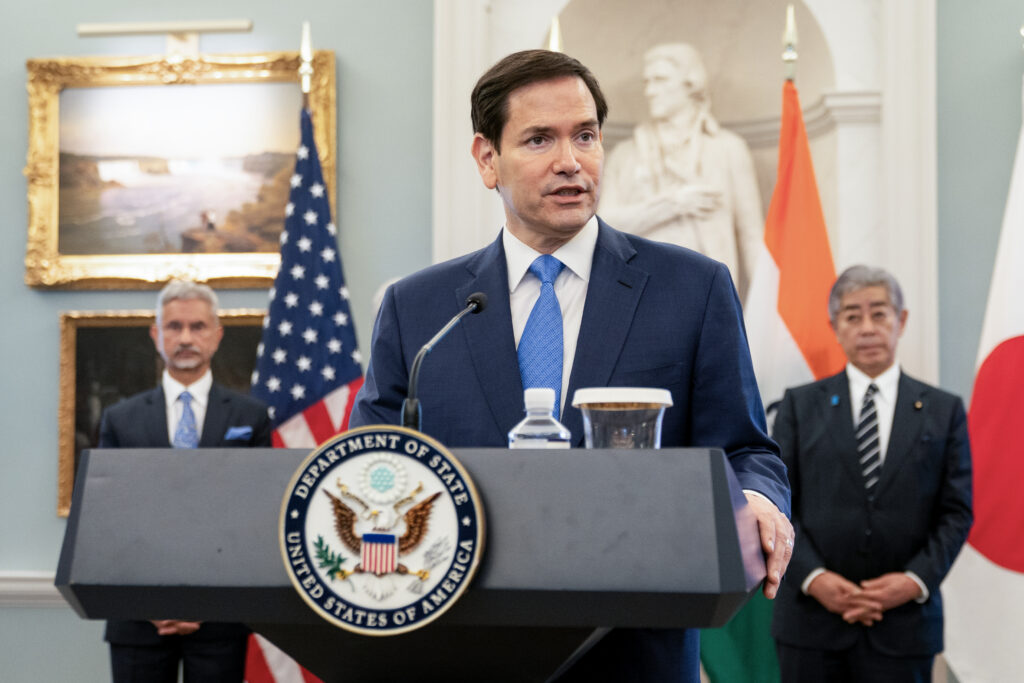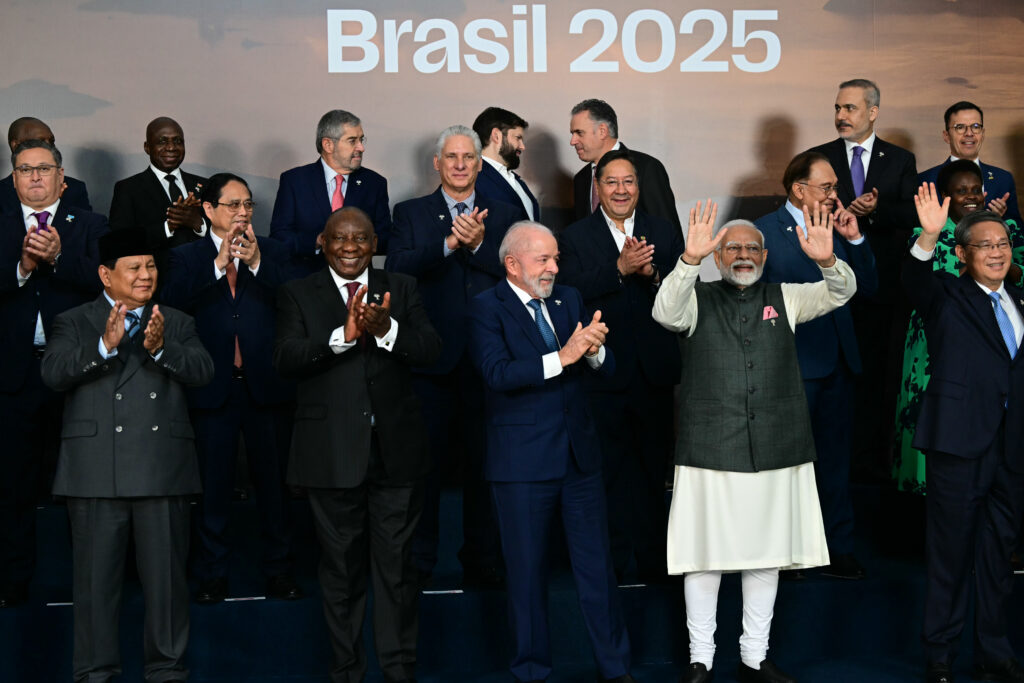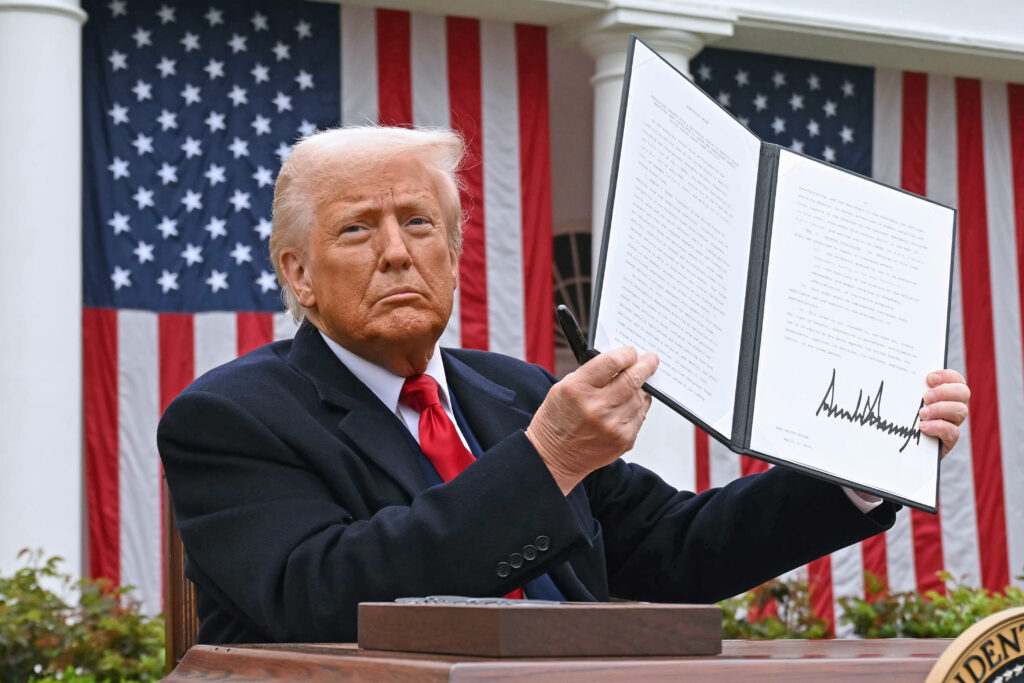Medical groups sue US health secretary over Covid-19 vaccine change
Several leading medical groups filed suit against US Health Secretary Robert F. Kennedy Jr. on Monday, accusing him of endangering public health with new Covid-19 vaccine recommendations.At the end of May, Kennedy announced via social media that federal authorities would no longer recommend Covid-19 vaccines for children and pregnant women, resulting in blowback from health experts.In the lawsuit, the American Academy of Pediatrics (AAP), the American College of Physicians (ACP) and other leading medical groups are calling on the court to stop Kennedy’s “unilateral, unscientific” directive and restore the Covid-19 vaccine to immunization schedules.”It is really unconscionable to take away a parent’s ability and choice to protect their children through vaccination,” said Tina Tan, a pediatrician and president of the Infectious Diseases Society of America, one of the plaintiffs. Since taking office, Kennedy — who spent decades spreading vaccine misinformation before becoming President Donald Trump’s top health official — has worked to overhaul American vaccination policies.In June, he fired all 17 members of the Advisory Committee on Immunization Practices (ACIP) and appointed his own panelists, under the banner of “Make America Healthy Again.”Monday’s complaint also highlighted the controversial new appointees to ACIP.”We are on a dangerous path,” warned Susan Kressly of the AAP, denouncing what she described as misinformation spread by Kennedy while citing the concerns of her peers and parents of patients. “Pediatricians cannot stay silent as the system we rely on to support life-saving vaccines is chiseled away piece by piece, with Secretary Kennedy leading efforts to sow doubt and distrust in the American success story of vaccines,” Kressly said.The problem isn’t limited to parents and children, as misinformation about vaccines undermines a long-standing trust between doctor and patient.Increasingly, medical professionals are finding that adult patients are “hesitant to get their vaccines. They are not trusting the system anymore,” said Jason Goldman, president of the ACP.The issue of vaccines extends beyond Covid-19 in the US. Johns Hopkins University released a count Monday finding the US has recorded its worst measles epidemic in more than 30 years, with 1,277 cases confirmed since the beginning of 2025, and illness recorded in 40 of 50 states.The total US figure is the highest since 1992.The joint complaint was filed in Massachusetts, a northeastern US state.Federal health officials did not immediately respond to a request for comment from AFP.







